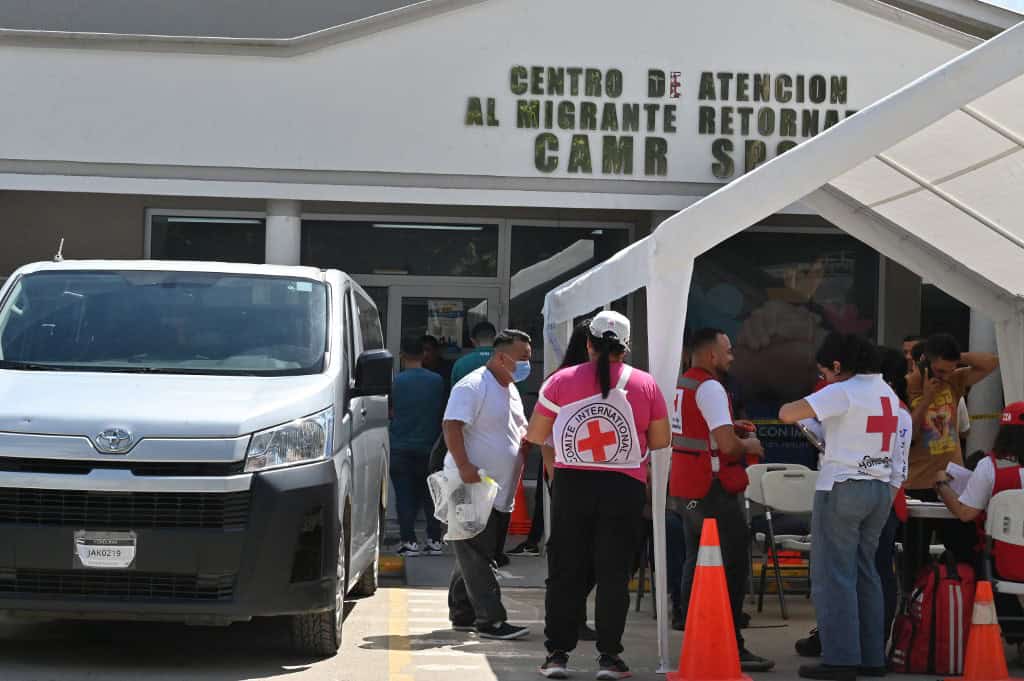The leftist government of Honduras agreed with the Trump administration to maintain the drug trafficker extradition treaty, ten days before the country was set to execute its threat to withdraw due to alleged plans of a “plot” against it orchestrated by Washington. President Xiomara Castro announced on her X account that she reached an “agreement with the new United States administration” for the treaty to continue with guarantees of “its objective application,” which she did not specify.
Castro denounced the treaty on August 28th with the argument that she sought to prevent Washington from using it against military officers loyal to her and thus facilitating a coup attempt, similar to the one that overthrew her husband, then-president Manuel Zelaya, in 2009.
However, the opposition maintains that the president canceled the treaty at that time, which had allowed the imprisonment of about fifty Honduran drug traffickers, to protect members of her government and family. The treaty has enabled the extradition of about fifty Honduran drug traffickers to the United States since 2014, including former president Juan Orlando Hernández (2014-2022), who in June 2024 was sentenced to 45 years in prison for drug trafficking.
This agreement with the Trump administration occurs despite bilateral tensions over U.S. deportation policy. Last January, Castro had warned she would close the Palmerola military base that the United States maintains 50 km north of Tegucigalpa if Trump fulfilled his threat of mass deportations. Nevertheless, several planes with expelled migrants have already arrived in Honduras.
The video
Castro had ended the treaty while condemning Washington’s “interference” for criticizing a meeting between the then Defense Minister, her nephew José Manuel Zelaya, and Honduras’s top military chief with Venezuela’s Defense Minister, General Vladimir Padrino López, who is sanctioned by Washington for drug trafficking.
“I have ensured respect for the integrity of the Armed Forces,” the Honduran president added this Tuesday, who had considered these criticisms as part of a U.S. “plot.”
A few days later, her brother-in-law Carlos Zelaya – brother of the overthrown former president and father of José Manuel Zelaya – resigned from his seat as congressman and his position as Secretary of Congress, after testifying before the prosecutor’s office about a video that circulated showing him meeting with a known Honduran drug trafficker.
Shortly after, the defense minister resigned in solidarity with his father and to facilitate investigations. Carlos Zelaya said he had “fallen into a trap,” acknowledging that he participated in that 2013 meeting where the drug trafficker offered financing for the electoral campaign of the ruling Liberty and Refoundation Party (Libre).
The president’s brother-in-law was mentioned last March in the trial in which former president Hernández was convicted in New York. When presenting the charges against Hernández, the U.S. prosecution asserted that Honduras was a “narco-state.”






